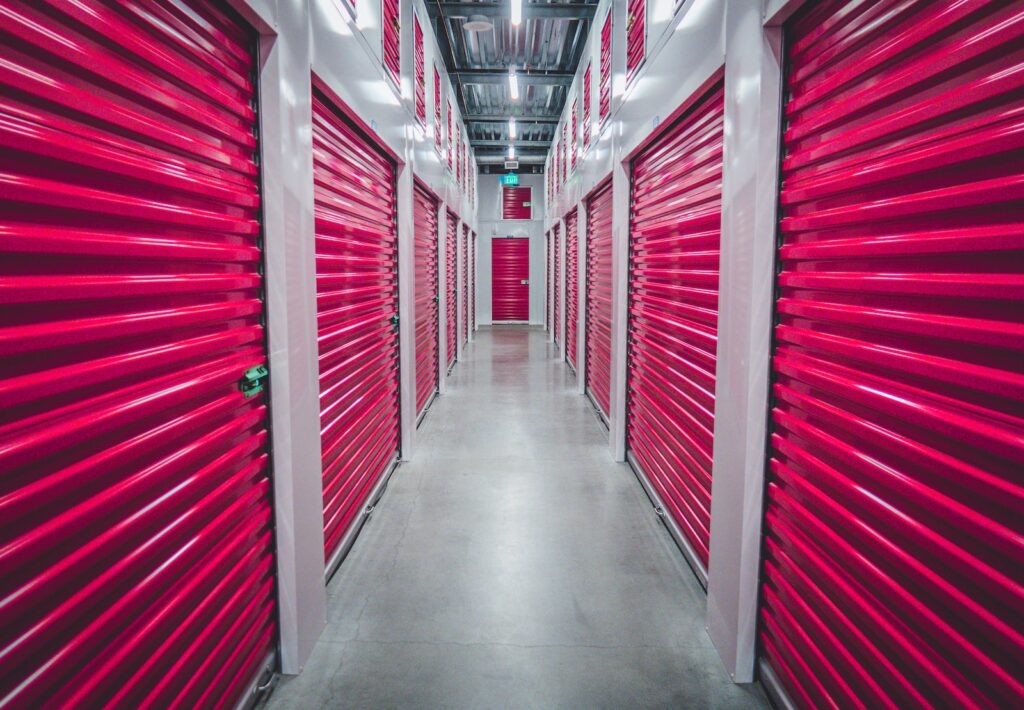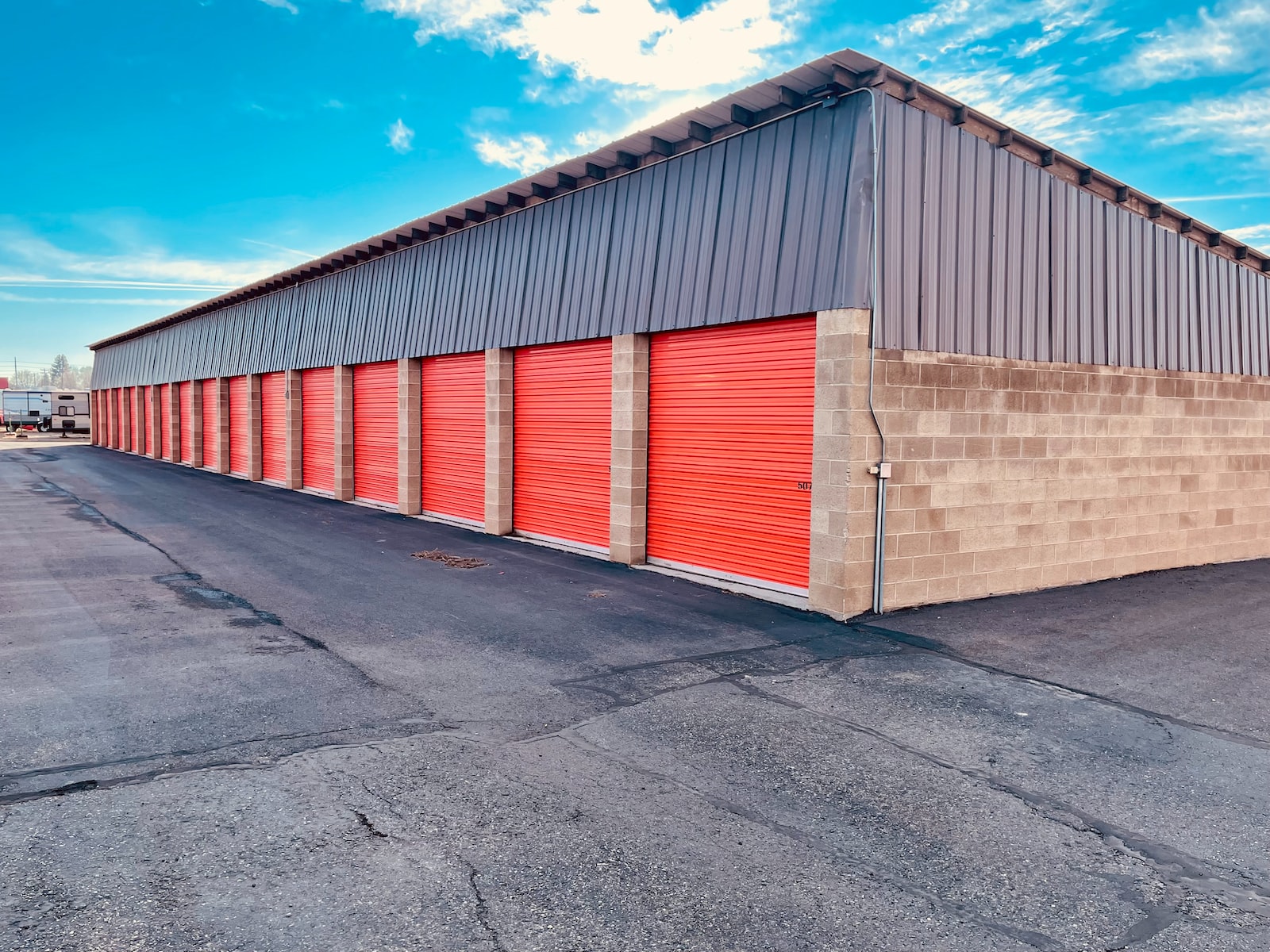Self-storage is one of the fastest-growing industries in Ireland. If you have a storage unit, chances are good that you’re storing something valuable. The first thing to do if you’re considering opening your own self-storage business is learning as much about this industry as possible—from how much it costs to start up to what type of insurance you’ll need.
Plan Ahead

You can’t solve a problem if you don’t understand it. Before you start searching for solutions, figure out what you’re trying to achieve and why. Write down the steps needed to get there, and break them down into smaller chunks that are manageable over time.
After that, find out how far others have gotten with their goals—or at least how far other people in similar situations have gotten with theirs—and use them as inspiration for yours. It’s easy to set your sights high and think about what you’d like to do someday; but when reality hits, those dreams will fade away if they aren’t accompanied by actionable steps toward making them come true.
Determine Startup Costs
The first step to starting a self storage business is to determine how much it will cost you to get started. Startup costs are dependent on location and other factors, but they generally include:
- Rent or mortgage
- Insurance (bonds, general liability and workers’ compensation)
- Property taxes
- Utilities (electricity, water, sewer)
- Security system (company data protection, etc.)
- Landscaping
- Signage
If you decide to lease the property that will become your facility instead of purchasing it outright, there will be additional costs such as rent payments and deposits on key boxes and gates.
You may also need office space in order to run the day-to-day operations of your business—this could come from shared office space or renting an actual office building for yourself.
Secure a Location
Once you’ve determined that there’s a need for self-storage in your community and have narrowed down your focus to one particular area, it’s time to get serious about finding a location. You’ll want to consider the following:
- Check zoning regulations. Make sure your idea fits with local ordinances, which may impact things like the size of your storage units and the distance between them.
- Check out the local market. Is there already plenty of competition nearby? Do more than one or two major national chains, such as Halton Storage Facilities and others, already exist in this area? If so, think about opening somewhere else; otherwise, you’ll just be another face in an already crowded field of options.
- Check for crime rates near potential sites for business properties—and make sure those locations aren’t being used by criminals as meeting spots or hiding places!
- Consider demographics when choosing where you’ll locate your business; if you’re trying to attract customers who live nearby (as opposed to attracting visitors), they should be familiar with and attracted by what they see when driving by on their way home each night!
Research Your Competition

When it comes to knowing your competition, there are two main levels of research that you can do:
- The first level is where you simply read reviews of your competitors. This will give you a general idea of what people think about them and how they compare to your business.
- The second level is where you dig deeper into those reviews and learn more about the specific strengths and weaknesses of each competitor’s business model. For instance, if someone says “this company has great customer service but their prices are too high,” then this tells us something about what we can do differently from our competitors (maybe offer cheaper prices with more limited options).
Create a Marketing Strategy
Your marketing strategy should include a few key elements:
- Define your target market.
- Create a unique selling proposition (USP).
- Develop a comprehensive marketing plan.
- Use social media to promote your business.
- Use advertising to promote your business.
If you are just starting out, it’s best to start small and slowly grow your company as needed by adding new storage facilities or services at each stage of growth in order to maintain profitability and prevent going broke before achieving the level of success that you desire for yourself and your business. The most important thing is not how much money you make but how much value you provide for customers by providing goods or services they need or want at prices they can afford
Develop Resources to Rent Out Units and Collect Payments
As you move forward, there are a few essentials you should have in place:
- A rental agreement. This is where you lay out the basic rules and regulations of your storage facility. It should include information about who can rent units, what they can store there and how much it will cost them. You may also want this document to include contact information for your business at all times, including emergency services or an after-hours line for emergencies or maintenance issues.
- A payment system. If people want to rent from your business but don’t have access to cash on hand when they do so, make sure there are some options available for them so that they can pay their rent in full once every month (or however often is convenient). Some self storage companies take debit cards right on site while others send invoices via email or printed mail with instructions on how payments should be made.
If you want to start a self storage business in Dublin, you might find this post on buying a rental property in Dublin also useful.
We also have a guide on starting a sports club in Ireland.
One thing at a time, and you’ll soon be able to open your own self-storage business
If you want to start your own self-storage business, it’s important not to get overwhelmed by the process. The first thing you need to do is focus on one thing at a time. Don’t try to do everything at once; instead, focus on one aspect of the business and then move on to the next one.
This strategy will help keep you from getting bogged down by all of the details and allow you more time for socializing with friends and family members who may be able to offer helpful advice or support as they face their own challenges in life.
It can also be helpful for new entrepreneurs like yourself when they don’t worry about what other people are doing instead of focusing solely on themselves—after all, you can only control what happens inside your own head!
